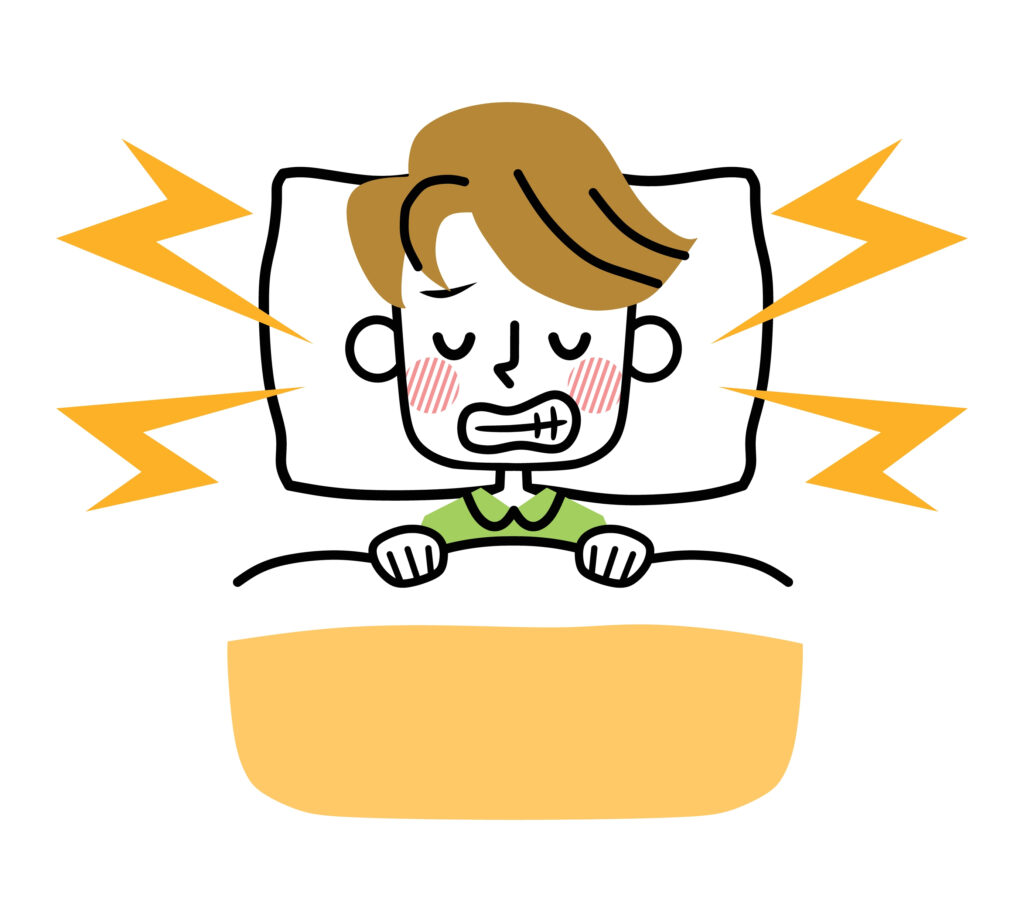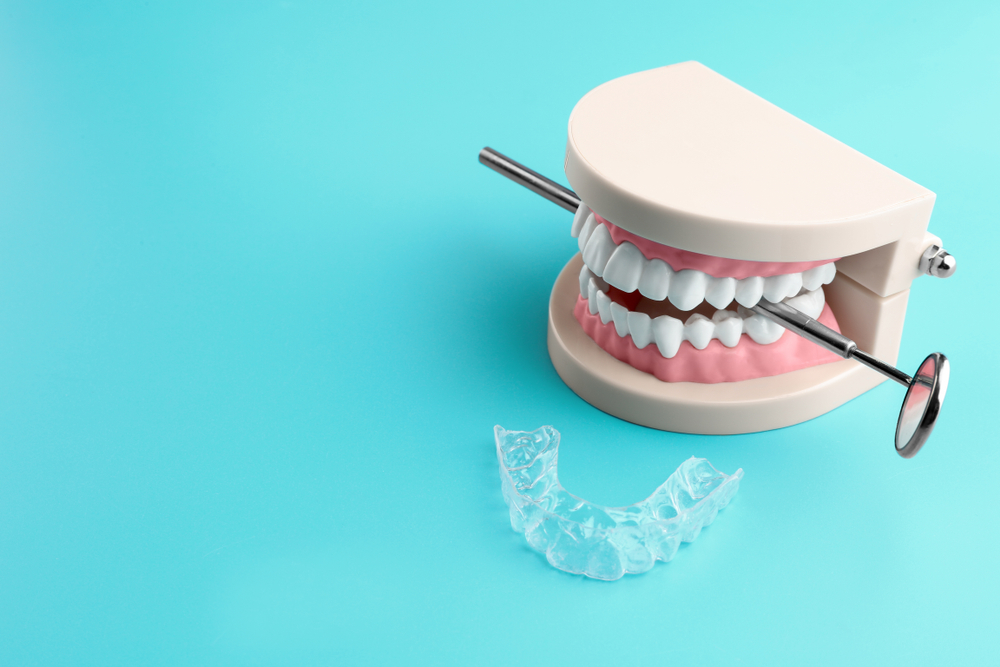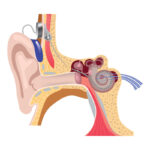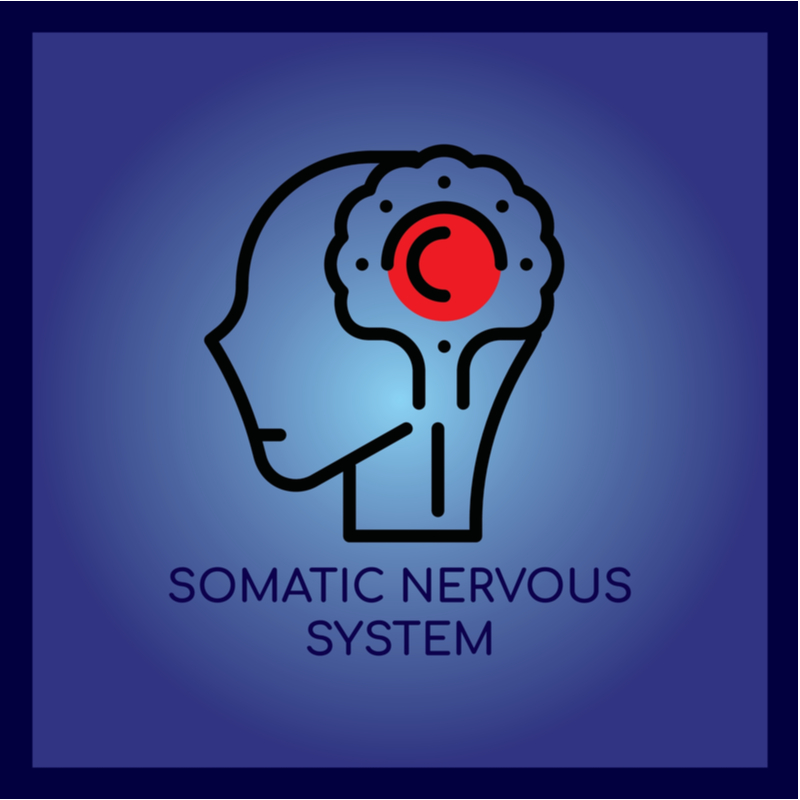Somatic Tinnitus: A Comprehensive Guide to Understanding and Treating
Somatic Tinnitus, a prevalent yet often misunderstood condition, impacts millions of people worldwide. As a subset of tinnitus, somatic tinnitus is primarily caused by physical factors and can be effectively managed with the right approach. In this in-depth guide, we will explore somatic tinnitus, its causes, symptoms, diagnosis, and treatments. We'll also discuss the role of stress and provide tips on how to improve your quality of life when living with this condition.
What is Somatic Tinnitus?
Somatic tinnitus, alternatively referred to as somatosensory tinnitus or somatosensory modulation of tinnitus, represents a unique type of tinnitus that originates from physical disruptions within the musculoskeletal system.
These disruptions can affect various regions, including the head, neck, jaw, and temporomandibular joint (TMJ), which connects the jaw to the skull. In contrast to other tinnitus subtypes, somatic tinnitus exhibits a higher sensitivity to body movements and physical touch, often resulting in changes to the perceived intensity or quality of the tinnitus sounds.
This heightened sensitivity is thought to be due to the close relationship between the affected musculoskeletal structures and the auditory system, which can lead to alterations in auditory perception when these structures are manipulated or moved.
Causes of Somatic Tinnitus

Somatic tinnitus can be triggered by a variety of physical factors, including:
1. Muscle tension: Tense muscles in the head, neck, or jaw can irritate nerves and cause somatic tinnitus. Poor posture, stress, or injuries can contribute to muscle tension.
2. Temporomandibular Joint Disorder (TMJ): TMJ disorder affects the jaw joint and can cause somatic tinnitus due to inflammation or misalignment.
3. Cervical spine issues: Problems with the cervical spine, such as whiplash or degenerative disc disease, can irritate nerves and cause somatic tinnitus.
3. Dental issues: Tooth grinding, a misaligned bite, or dental work can lead to muscle tension and somatic tinnitus.
4. Head or neck injuries: Injuries to the head or neck, such as concussions or whiplash, can lead to somatic tinnitus by disrupting the function of the nerves and muscles.
Symptoms and Diagnosis
The primary symptom of somatic tinnitus is a persistent ringing, buzzing, or hissing sound in one or both ears. However, somatic tinnitus is unique in that the intensity or pitch of the sound may change with body movements, touch, or pressure. For example, turning the head or clenching the jaw might alter the tinnitus sound.
Diagnosing somatic tinnitus typically involves a thorough evaluation by an audiologist, ENT specialist, or neurologist. They may perform a physical examination, imaging studies (such as an MRI or CT scan), and hearing tests to identify the underlying cause of tinnitus.
Treatment Options

Treatment for somatic tinnitus is generally aimed at addressing the underlying cause. Some common treatment options include:
1. Physical therapy: Physical therapy can help alleviate muscle tension, improve posture, and address cervical spine issues that may be contributing to somatic tinnitus.
2. TMJ treatment: If TMJ disorder is the cause of somatic tinnitus, a dentist or oral surgeon may recommend treatments such as bite guards, orthodontics, or even surgery.
3. Dental treatment: For dental-related causes, your dentist may recommend treatments such as orthodontics, tooth repair, or bite adjustments.
4. Relaxation techniques: Techniques like deep breathing, meditation, and progressive muscle relaxation can help reduce muscle tension and alleviate somatic tinnitus symptoms.
5. Cognitive-behavioral therapy (CBT): CBT can help individuals learn to cope with tinnitus by changing their thought patterns and reactions to the condition.
6. Sound therapy: Sound therapy uses external sounds to help mask or distract from tinnitus, providing relief for some individuals.
7. Medications: In some cases, medications such as muscle relaxants, anti-anxiety drugs, or antidepressants may be prescribed to help manage symptoms.
The Role of Stress in Somatic Tinnitus
Stress can play a significant role in the development and exacerbation of somatic tinnitus. Stressful situations can lead to muscle tension, particularly in the head, neck, and jaw, which can trigger or worsen tinnitus symptoms.
Additionally, stress can make it more challenging to cope with tinnitus and reduce overall quality of life. Implementing stress reduction techniques, such as mindfulness meditation, yoga, or regular exercise, can help manage stress levels and potentially improve tinnitus symptoms.
Tips for Improving Quality of Life
Living with somatic tinnitus can be challenging, but several strategies can help improve your quality of life:
1. Seek professional help: Consult with healthcare professionals to identify the underlying cause of your tinnitus and develop a personalized treatment plan.
2. Practice good sleep hygiene: Establish a consistent sleep schedule, create a relaxing bedtime routine, and ensure your sleep environment is comfortable to promote better sleep and potentially reduce tinnitus symptoms.
3. Limit exposure to loud noise: Protect your ears by avoiding loud environments or using hearing protection when necessary.
4. Support groups: Connect with others who have tinnitus through support groups or online forums to share experiences, advice, and encouragement.
5. Stay physically active: Regular exercise can help reduce stress, improve overall health, and potentially alleviate tinnitus symptoms.
6. Maintain a healthy diet: Eating a balanced diet can support overall health and may help manage tinnitus symptoms.
Conclusion
Somatic tinnitus is a complex condition that can significantly impact an individual's quality of life. Understanding the physical factors that contribute to somatic tinnitus is essential for determining the most effective treatment options. By addressing the underlying causes, managing stress, and implementing strategies to improve your quality of life, living with somatic tinnitus can become more manageable.
Sources
https://www.ncbi.nlm.nih.gov/pmc/articles/PMC5536427/
https://www.frontiersin.org/articles/10.3389/fnins.2017.00207/full
https://journals.plos.org/plosone/article?id=10.1371/journal.pone.0126254







